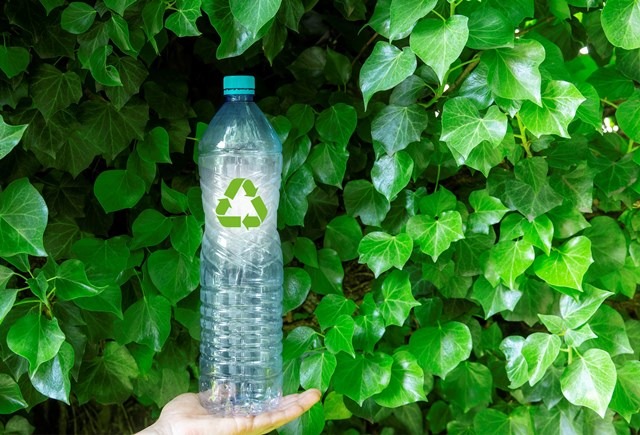Swiss specialty chemical company Clariant has announced a new initiative, known as Symphony of Collaboration, to foster partnerships and create a more sustainable plastics industry.

Image: Clariant will focus on designing solutions for the reduction, reuse and recycling of plastics. Photo: courtesy of Clariant.
Under the new initiative, Clariant will work with the regulators, industry and society to design solutions for the reduction, reuse and recycling of plastics.
The chemical company said that the Symphony of Collaboration will continue to open dialogues, develop and deploy projects that restrict and manage plastic waste and promote plastic post-use solutions.
At K 2019 event, the company will unveil the initiative that will primarily focus on plastics’ recycling.
Clariant intends to change the current take-make-dispose consumer attitude and move towards a circular economy for post-consumer and post-industrial plastic via three major elements.
The elements include: development of product and system solutions for recycling, establishing partnerships with players across the recycling ecosystem to work on different perspectives and develop new solutions, as well as share knowledge across different recycling technologies and the value chain of recycling.
Clariant, along with Finnish oil refining company Neste, is already exploring opportunities to use renewable hydrocarbons derived from fat residues and discarded cooking oils.
The company has developed new colourants for the black colouration of plastics, which can be detected by near infrared (NIR) sorting devices. Its new range of black colourants can be used for various polymers and applications such as packaging and E&E.
At the event, Clarian will also introduce new masterbatch for PET, which has been developed for food and beverage applications.
The patented oxygen scavenger is based on a new molecule, which goes beyond existing solutions for PET in protecting content shelf life and taste.
Clariant is also planning to expand EcoTain label partnerships and establish collaboration with at least three partners in the value chain to create better sustainability and business impacts, as well as advance environmental protection and the circular economy.
Clariant innovation excellence and business incubator head Richard Haldimann said: “Clariant has been providing solutions to reduce the use of plastics, extend their lifetime to enable reuse, and supporting recycling for years.
“But we’ve learned from experience that the wider problem can’t be solved at an individual company level. It’s a system problem and collaboration is key.”
